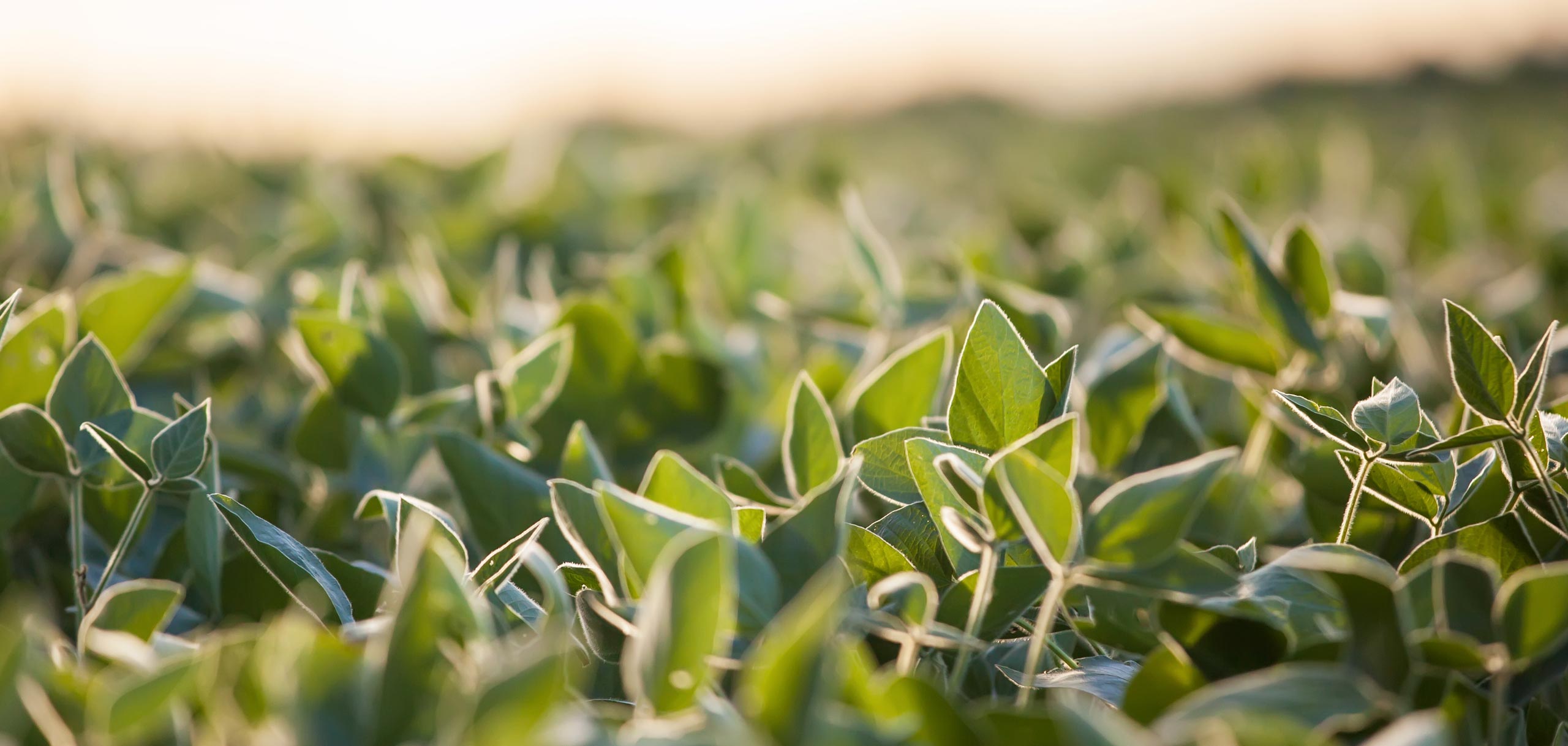U.S. Soy Producers Visit Germany
- Category:
- Animal Utilization
- General News


USSEC and American Soybean Association (ASA) director Kevin Scott of Valley Springs, South Dakota and United Soybean Board (USB) director Jim Willers of Beaver Creek, Minnesota, recently visited two farms and a feed mill in Germany. The purpose of the visits was to generate a greater preference for U.S. Soy, to gain insights into the conditions and challenges facing German producers, and to exchange information on a wide range of soy-related issues, including sustainability and biotechnology.
The first stop was at the dairy farm of Hermann and Soehnke Schlichtmann in Oldendorf. The farm has been in the family for six generations but only began to focus on milk production in 1985, when they started with 16 cows. They currently manage a 340 milking cow operation and cultivate about 500 acres of grass, maize, and rye for their own feed production. They purchase soybean meal from one of the international importers and crushers in Hamburg.
The Schlichtmanns are members of DMK, a large cooperative with 7000 members and 26 factories, located mainly in northwest Germany. The Schlichtmanns’ farm is one of DMK’s model farms, open to the public, investors, and others to demonstrate the company’s commitment to sustainability. DMK has developed the MilkMasters Program to monitor and encourage producers to adopt more sustainable production practices. Producers are scored and measured against 140 indicators, and can earn a premium of up to one cent per liter on their milk. For example, if they know the manufacturer of their feed, they receive five points; if they know the soy content of their feed, they earn ten points; if the soy is recognized as sustainably produced, by a scheme such as FEFAC (under which the U.S. Soy Sustainability Assurance Protocol [SSAP] is recognized), they receive 20 points.
Milk producers in Germany are under tremendous pressure from the large retailers and non-government organizations (NGOs) to eliminate soy, and, in particular, genetically engineered (GE) soy, from their feed. Most dairy producers believe this is irrational but they need to provide what the market demands. Apparently, consumers can understand GE versus non-GE, while issues such as sustainability and sustainable sourcing guidelines are too difficult for them to understand.
The visit continued with a stop at the feed mill of Stader-Saatzucht in Apensen. With a capacity of 100,000 metric tons (MT) a year, the mill is one of the operations for a large and diverse company with holdings from gas stations to potato processing. They use about 3000 MT of soybean meal a month, buying directly from the trading company in Hamburg. The company is focused on high quality, specialized feed products. The managers stated that they will produce whatever the market wants, which increasingly means non-GE soy. There is great pressure, including European Commission (EC) member state government subsidies and research, to eliminate soy altogether from the feed, using locally produced rapeseed and other alternative crops. However, no alternative has the same attributes as soy in terms of protein quality and price.
On the final day, the USSEC group visited the farm of Thomas Kunz in Heidenrod-Niedermeilingen. Mr. Kunz is the vice president of the Hessian Farmers Association (in the Frankfurt region) and operates farms in three different locations with a total of almost 2000 acres, a large operation by German standards. The Kunz farm is located in a small village that dates back almost 400 hundred years. The Kunz operation is focused on high quality customized swine production for local butchering and processing. He produces almost all of his feed, purchasing soymeal as needed for his feeding requirements. The group visited his buildings, and saw his feed processing and farm equipment before tasting the pork products available in his small on-farm shop.